The Popular Chinese Blessing: Understanding the Correct Pronunciation and Significance of '前程朤朤'
In recent times, the Chinese expression "前程朤朤" (qián chéng mǎng mǎng) has become a popular blessing used to express hope for a bright and prosperous future. However, many people are not aware of its correct pronunciation. This article aims to clarify the correct reading of this phrase and explain its significance in Chinese culture.
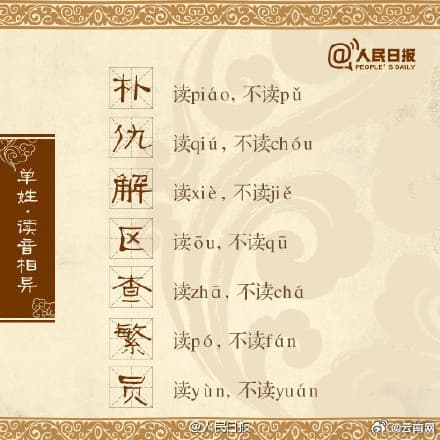
13 February 2024
"前程朤朤" is a form of wordplay, utilizing the Chinese character for "month" (月) eight times in a row to symbolize a promising and bright future. The eight "month" characters are arranged in a visually pleasing manner, further emphasizing the positive message the phrase conveys. The phrase is commonly used as a blessing for friends, family, and colleagues, conveying a sense of optimism and hope for a successful and bright future.
In Chinese, homophones—words that have the same or similar pronunciation but different meanings—are frequently used for various purposes, including puns and wordplay. This characteristic of the Chinese language is also reflected in the pronunciation of "前程朤朤." The characters used (前程朤朤) are not the typical characters one would use to express "bright future" (前程光明) in everyday language. However, the pronunciation of "前程朤朤" creates a unique and playful expression that has become popular in recent years.
To correctly pronounce "前程朤朤," one must pay attention to the tones and characters involved. According to the Pinyin system of Romanization, the correct pronunciation is "qián chéng mǎng mǎng." The first two characters, "前程" (qián chéng), are pronounced with the first tone and mean "future," while the homophones "朤朤" (mǎng mǎng) are pronounced with the third tone and carry the meaning of "bright" when used in combination with "future."
Despite the growing popularity of "前程朤朤" as a blessing, many people still mispronounce the phrase. As evidenced by numerous tweets on Weibo, a popular Chinese social media platform, there is confusion surrounding the correct pronunciation. Some users mistakenly pronounce "前程" as "qiè chéng" or "qián chéng," while others incorrectly read "朤朤" as "máng máng" or "màng māng."
The mispronunciation of the phrase has also led to some controversy on Weibo, with users arguing over the correct reading. Some users emphasize the importance of accuracy when using traditional phrases and blessings, while others argue that the unique pronunciation of "前程朤朤" is part of its charm.
In addition to the pronunciation, it is essential to recognize the context in which "前程朤朤" is typically used. The phrase is often accompanied by other blessings and well-wishes, such as "龙行龘龘" (lóng xíng hóng hóng), which means "may your life be prosperous and smooth-sailing," and "生活䲜䲜" (shēng huó yè yè), which means "may your life be full of vitality."
Several visual cues can be associated with the phrase "前程朤朤" as well. Aside from the eight "month" characters arranged artfully together, this expression is often seen in decorative and celebratory contexts, such as New Year's greetings, birthday wishes, and wedding congratulations. Images of fireworks, lanterns, and other festive elements are commonly associated with the phrase, reflecting the joy and optimism it conveys.
In conclusion, the expression "前程朤朤" has become a popular blessing in Chinese culture, symbolizing a bright and promising future. Although some mispronunciation may persist, its unique and playful homophonic pronunciation has contributed to its growing popularity. When using this phrase, it is essential to maintain its accuracy and context, as well as recognizing the visual elements that accompany it during festive occasions. As we move forward into the new year, may your "前程朤朤" shine brightly, and may all your endeavors be met with success and prosperity.
Word count: 803
Share this article
Related Articles
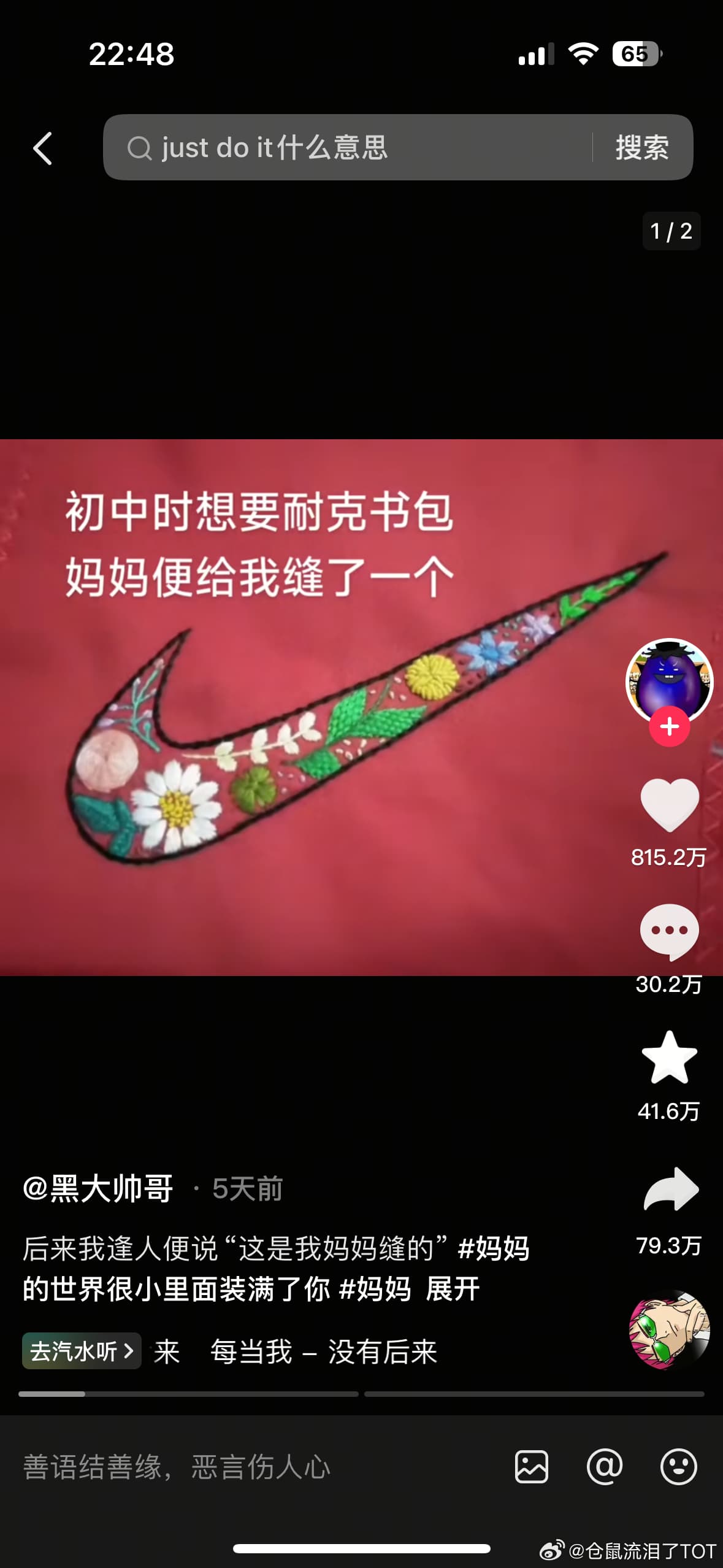
Mother’s Hand‑Stitched Nike Backpack Goes Viral, Showcasing Love, Craftsmanship and Brand Authenticity in China
By Trending on Weibo
Culture
15 Sept 2025
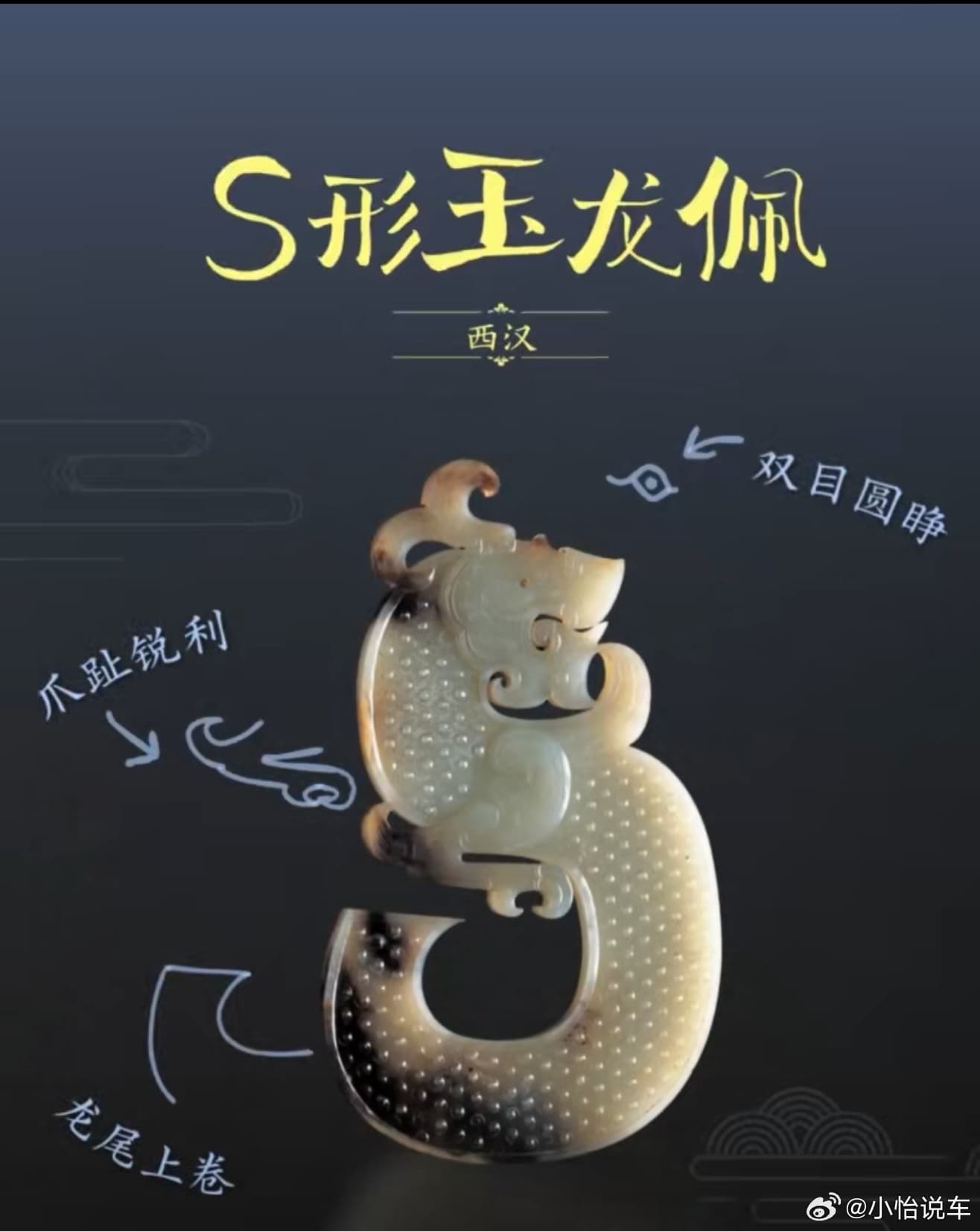
China’s “National Treasure Highlights” Campaign Turns Heritage Into Global Soft‑Power and Consumer Brand】
By Trending on Weibo
Culture
13 Sept 2025
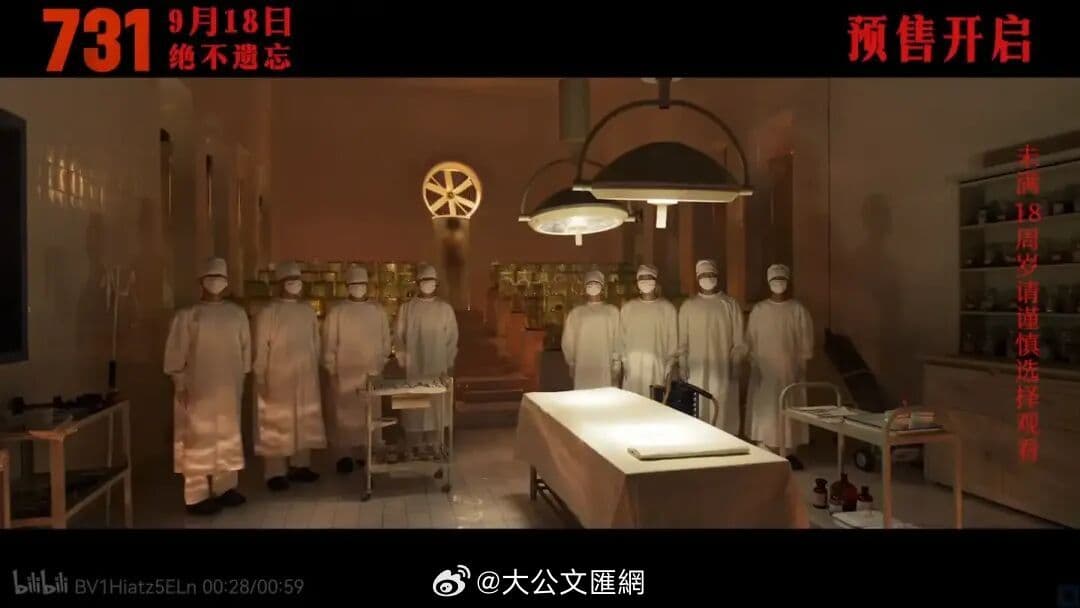
Mystery Meme: Unraveling China’s “Dissected 14 People, Crumbled by a Letter” Phenomenon】
By Trending on Weibo
Culture
8 Sept 2025
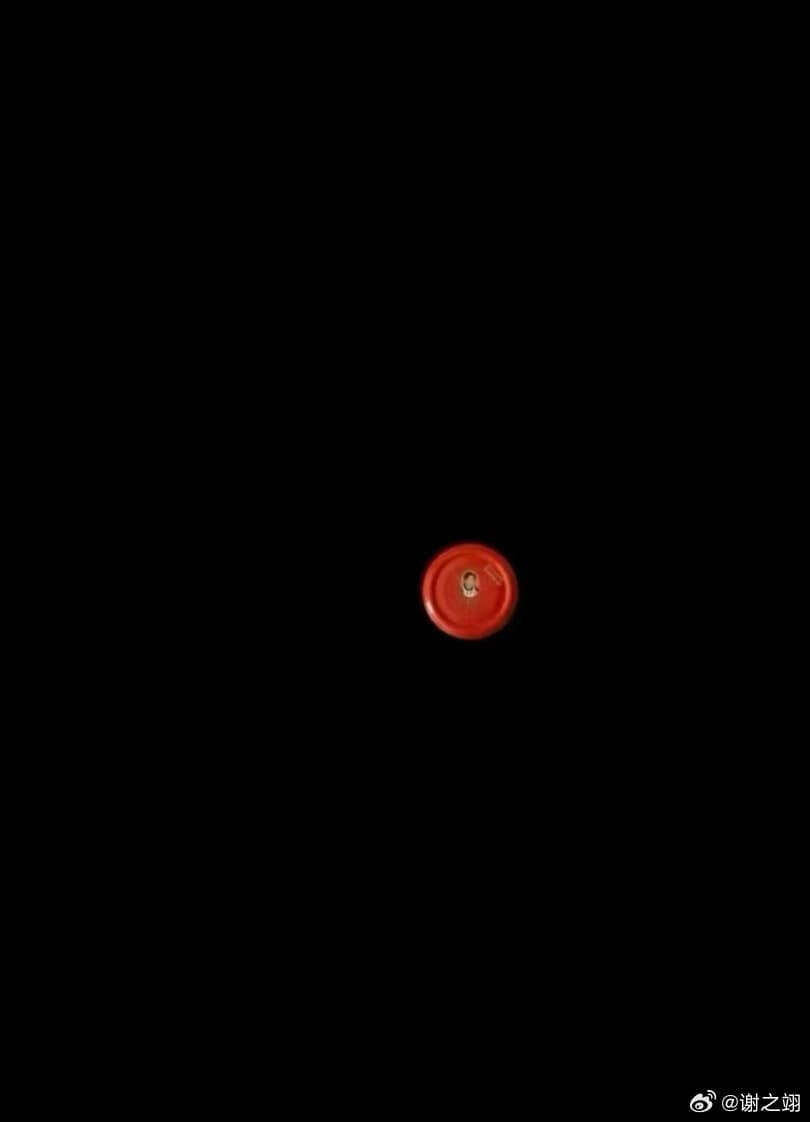
Chinese Netizens Turn Blood Moon Into Viral “Too Abstract” Meme
By Trending on Weibo
Culture
8 Sept 2025
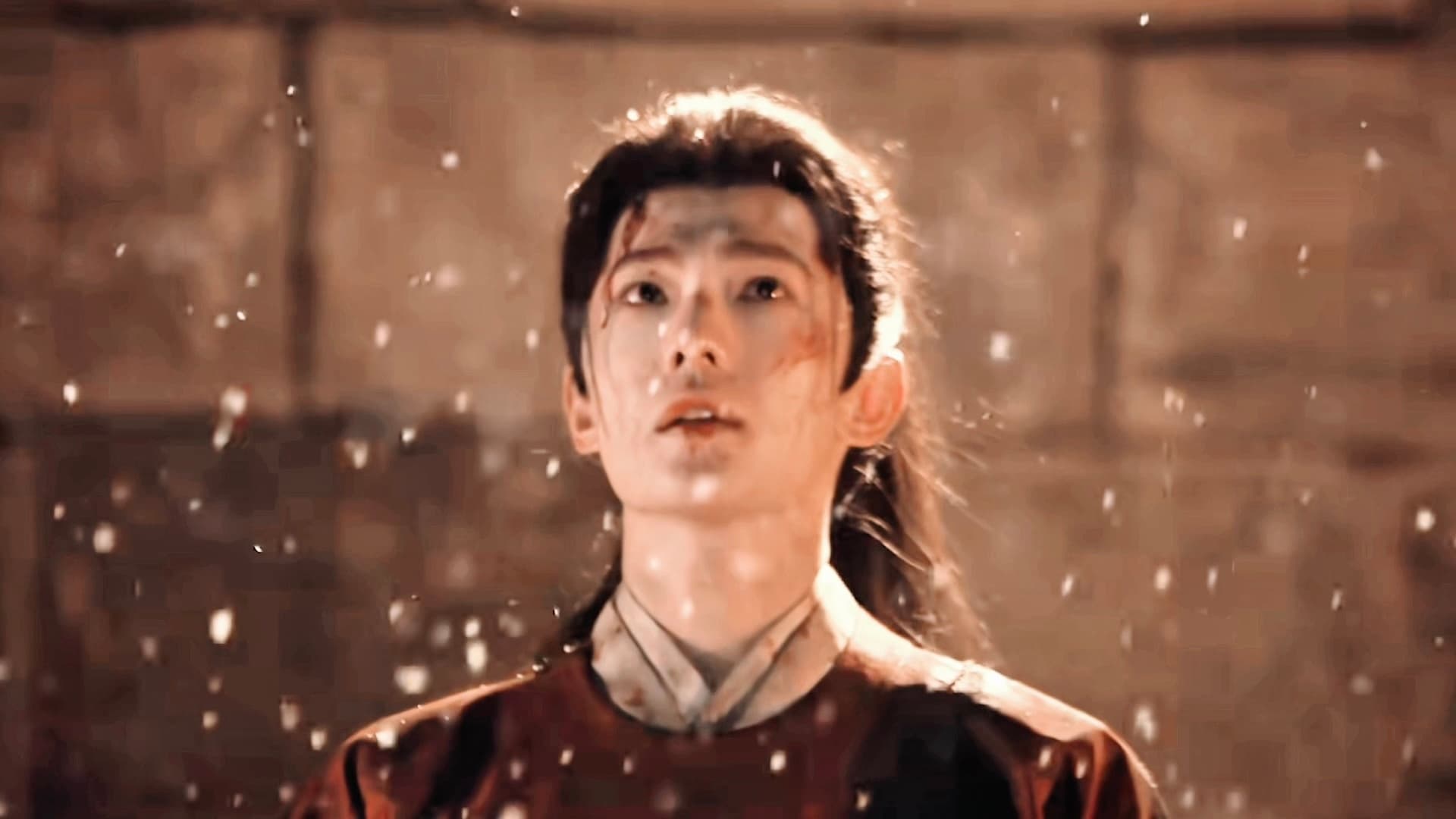
From Song Dynasty Verse to 2024 Drama: The Enduring Echo of “Rain‑Laden Bells” in Chinese Culture
By Trending on Weibo
Culture
8 Sept 2025